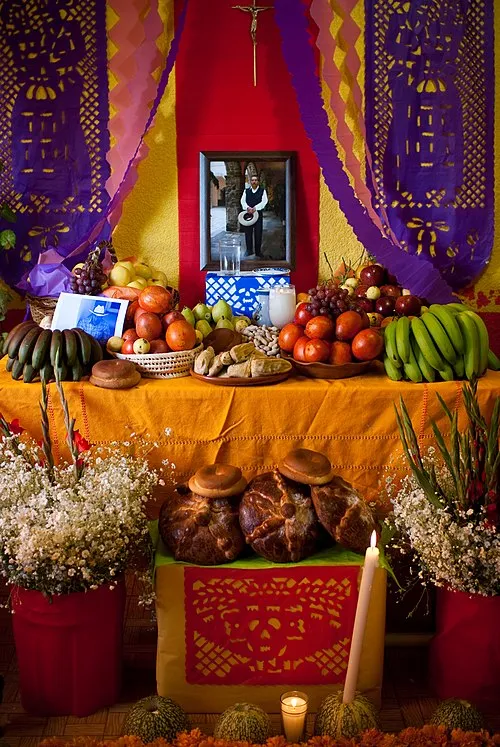
Day of the Innocents: The First Day of Day of the Dead Celebration
The Day of the Innocents, or "Día de los Santos Inocentes," is a significant celebration observed on December 28th in Mexico and Haiti. This day precedes the more widely known Day of the Dead festivities that span from November 1st to November 2nd. However, the connection between these two celebrations lies in their shared themes of remembrance, grief, and joy. In this article, we will explore the significance, traditions, and cultural nuances of Day of the Innocents and its relationship to the larger Day of the Dead celebration.
Understanding the Origins of Day of the Innocents
The origins of the Day of the Innocents can be traced back to the biblical story of King Herod, who, in his attempt to eliminate the newborn Messiah, ordered the execution of all male infants under the age of two in Bethlehem. This tragic event is commemorated in many cultures, particularly in Latin America, where the innocent lives lost are honored through reflection and festivities.
Celebration in Mexico: A Blend of Humor and Remembrance
In Mexico, the Day of the Innocents is often likened to April Fool's Day, where playful tricks and pranks are common. However, it also serves as a day for honoring the memory of deceased children. Families gather to tell stories about their loved ones who have passed away, reflecting both sorrow and joy. On this day, it is customary to play light-hearted jokes on friends and family, blurring the lines between celebration and reflection.
Unlike the somber tones associated with the actual Day of the Dead, the Day of the Innocents embraces humor. Traditional foods, including delicious sweets and treats, are shared among family members and friends, fostering a sense of community and togetherness.
Cultural Significance in Haiti
In Haiti, the Day of the Innocents is less about humor and more centered on spiritual reflection. The celebration is tied deeply to the country's Vodou religion, where the memories of the innocent and departed are honored through ceremonies and rituals aimed at seeking protection for living children. Families engage in prayers and offerings to ensure their loved ones find peace.
The Haitian equivalent embraces themes of spirituality, encouraging communities to come together for collective remembrance. Candles are lit, and food is shared among family, symbolizing the cycle of life and death, reinforcing the interconnectedness between the living and the spiritual world.
The Transition to Día de los Muertos
The Day of the Innocents serves as a precursor to Día de los Muertos, a multi-day celebration that honors all deceased individuals. In Mexico, the festivities intensify as families prepare altars known as "ofrendas" adorned with photos, favorite foods, and items that belonged to the deceased. Each element symbolizes a connection to the departed, ensuring their spirits are invited back to celebrate with their loved ones.
As celebrations gear up, the emphasis shifts to honoring entire families and communities rather than focusing solely on the innocence lost. The transition from the Day of the Innocents to Día de los Muertos embodies a journey from lighthearted remembrance to profound reflection, where grief and joy coexist seamlessly.
Conclusion
The Day of the Innocents captures the duality of life and death, mixing humor with heartfelt remembrance. Whether celebrated with pranks in Mexico or through spiritual rituals in Haiti, this day marks a meaningful moment that prefaces the poignant observance of Día de los Muertos. For many, it is a reminder of the fragility of life and the importance of cherishing memories with a blend of laughter and tears.






